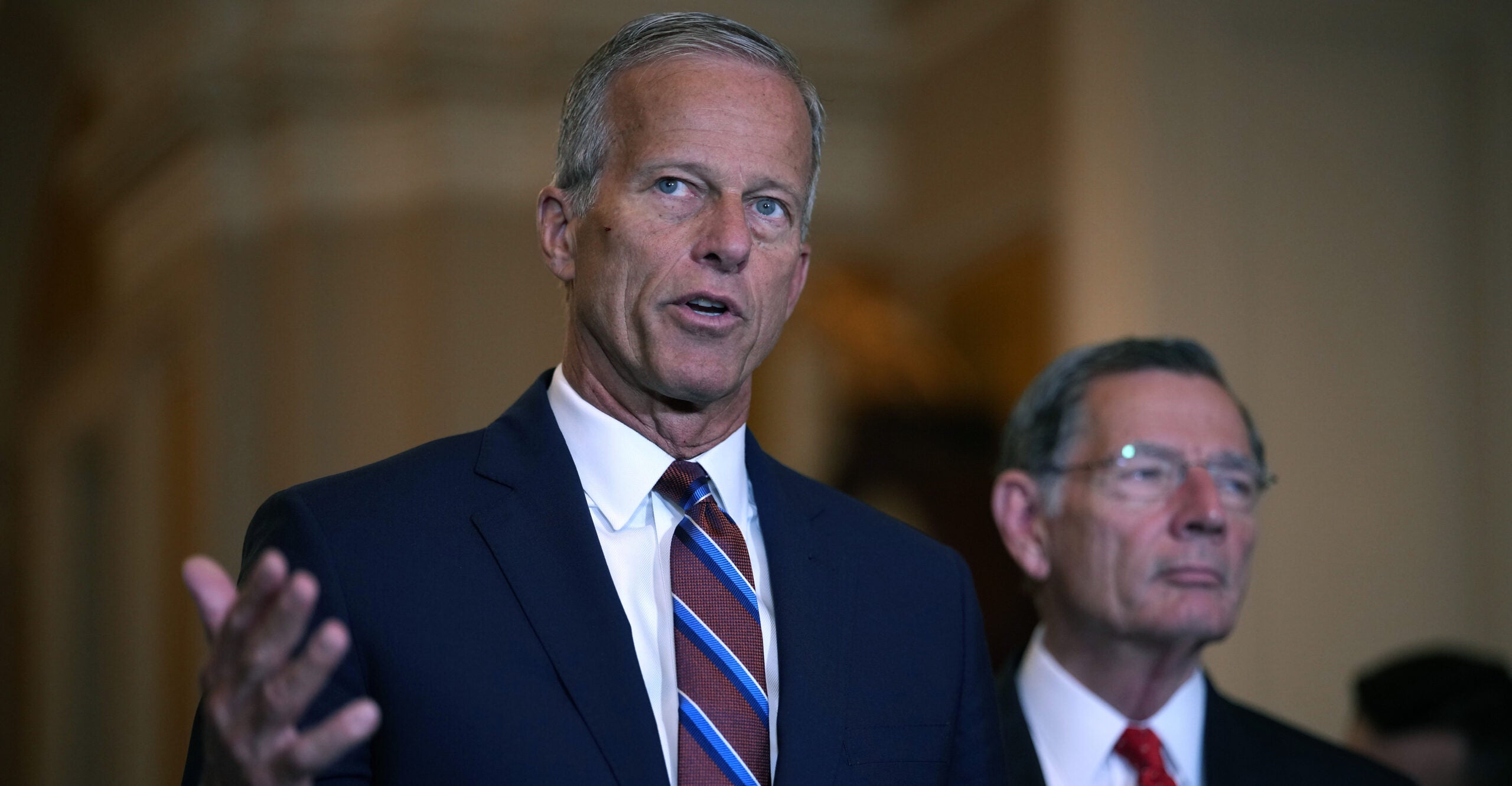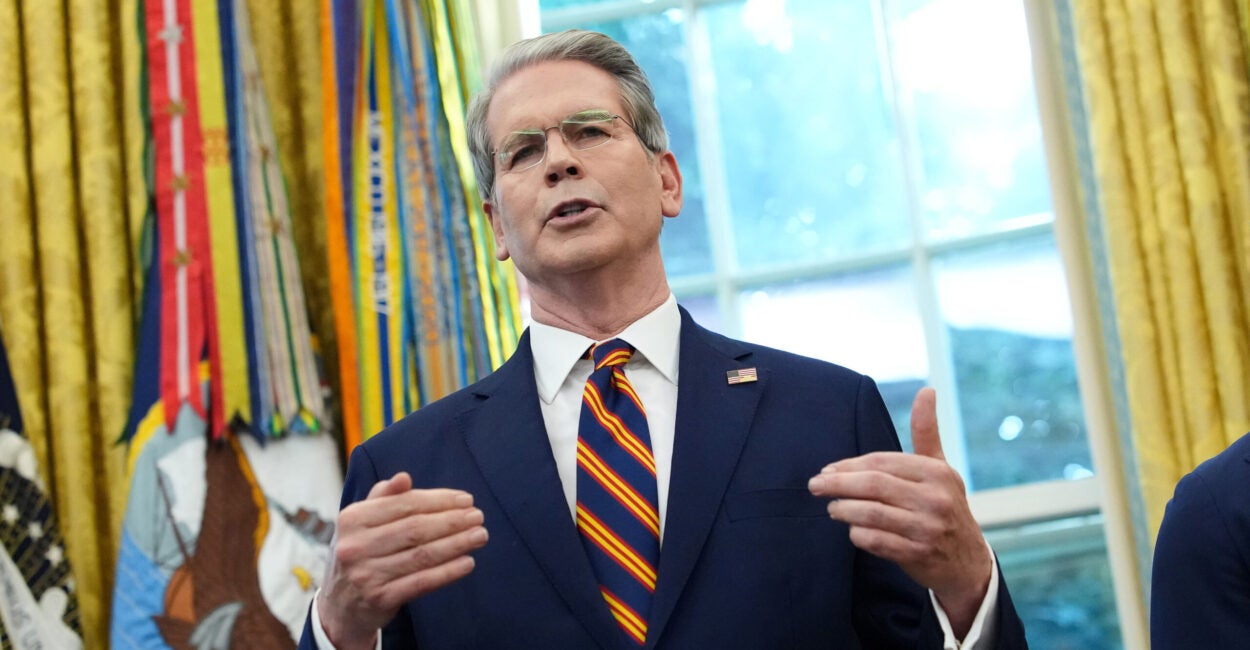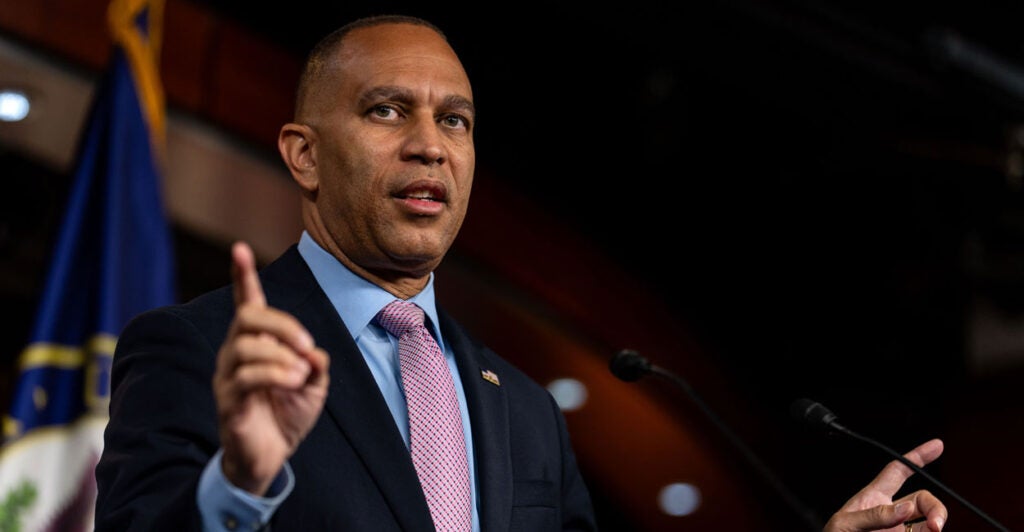
homesteadandchill.com
How to Make Sun Dried Tomatoes in a Dehydrator or Oven
Looking for new ways to preserve tomatoes? Come learn how to make easy sun dried tomatoes using a dehydrator or oven (with optional fresh herbs) along with tips on how to best store them. These chewy, savory dried tomatoes are packed with intense flavors of summer that you can literally bottle to enjoy for many months to come! We love to add them to homemade sourdough bread, egg dishes, pasta, pizza and more.
You may be wondering: what about the “sun” part? Unfortunately, it’s very challenging to properly dry tomatoes under the sun alone. Thick, juicy tomatoes readily mold if they don’t dry fully or fast enough. But guess what? Most store-bought “sun-dried” tomatoes are actually dried in commercial ovens or dehydrators too!
NOTE: This post was originally published in August 2019 but has since been significantly updated.
RELATED: If you need more ideas to preserve tomatoes, don’t miss our easy roasted tomato sauce (can or freeze), homemade ketchup recipe, or this guide on freezing tomatoes whole.
Ingredients and Supplies
Fresh tomatoes. You can dry any kind of tomatoes you have, including cherry tomatoes. The key will be cutting them into similar size pieces so they dry evenly.
A food dehydrator or oven. (Be forewarned that drying tomatoes in the oven will take several hours.) We prefer to make sun dried tomatoes in our favorite food dehydrator since it effectively and fully dries the tomatoes without any risk of burning, and doesn’t require a watchful eye (or heating up the whole house) like the oven method does.
Optional fresh herbs. We often use a combination of thyme, oregano, sage and/or basil from the garden. The addition of herbs make the sun dried tomatoes taste a lot like pizza!
Expected Yield
In this example, we started with about 4 pounds of fresh garden tomatoes and ended up with just under one quart of sun-dried tomatoes.Drying tomatoes shrinks and condenses them significantly… but that’s not necessarily a bad thing! That’s something I actually love about dehydrating food as a preservation method: how little pantry space the finished product takes up. Plus, the tomato flavor becomes exponentially more rich and concentrated as they dry too.
Instructions
1) Prepare the Tomatoes
Start by washing your tomatoes, and then gently pat them dry or allow them to air dry.
Remove the stems and cut out the tough center core (if needed).
Next, cut them into small even wedges such as quarters, sixths or eighths (depending on the size of your tomatoes). I find bite-size wedges dry best compared to wide flat slices. Cut cherry or grape tomatoes in half. A small serrated knife is the easiest for cutting tomatoes!
The goal is to have most of the tomato pieces a similar thickness so they’ll dry evenly. The thinner you cut them, the faster they’ll dry – but also the more puny or brittle they can be. For thick chewy sun dried tomatoes, leave the pieces thicker (but no more than 1/2 inch thick).
2) Add Herbs (Optional)
If you’re going to add fresh herbs, first place the cut tomatoes in a wide shallow mixing bowl.
Next, wash, gently dry and chop your herbs of choice into small bits. I love any combination of oregano, thyme, basil, and sage.
Sprinkle the herbs over the tomatoes, gently tossing as you go to evenly mix and coat them. We don’t usually measure, but I think we use about 1 heaping tablespoon of herbs for every 2 pounds of tomatoes. (Or just eyeball it.)
3) Dry Tomatoes
Spread the cut tomatoes out on dehydrator trays or baking sheets lined with parchment paper in a single layer, not overlapping or touching. We don’t need any extra juices or seeds that may have come loose or collected on the cutting board (or mixing bowl) – leave those behind.
Place the wedges with the skin-side down if possible, which tend to stick to the trays less than the fleshy parts. Since sun dried tomatoes can get sticky, we sometimes use our silicone dehydrator tray liners or parchment paper below them – though not necessary (and may increase drying time since it reduces airflow some).
In a dehydrator, dry the tomatoes on 125 to 130°F. In the oven, set the temperature to 200 to 225°F. In the oven, it’s also recommended to rotate the trays or even flip the tomatoes halfway through.
The time it takes depends on the method you use, moisture content and size of your tomatoes, ranging from 2 to 8 hours in the oven and up to 24 hours in a dehydrator (though the average is around 12 hours). See notes on how to tell when they’re “done” below.
4) Assess Doneness
Sun dried tomatoes are finished drying when they’re shriveled, dry to the touch (no longer wet or squishy), but are still chewy and pliable.
The exact time or level of dryness depends on your personal preference for texture, which will also impact their shelf life potential.
The longer you dry sun dried tomatoes (the more moisture that is removed), the longer they’ll last in storage. However, they’ll also get increasingly hard, crunchy and brittle. Shorter drying times will result in more supple, chewy sun dried tomatoes, though they could also go bad (mold) in storage faster if they’re too wet. It’s a bit of a goldilocks situation – trying to get them just right.
When I check on the tomatoes as they’re drying, I usually find pieces that finish drying fasters than others – so I simply remove those from the dehydrator while the others continue to dry.
What if I dry the tomatoes too long?
If your tomatoes end up a little more crispy than you were expecting, don’t fret! Depending on how you use them, sun dried tomatoes do an excellent job at reabsorbing moisture and plumping back up later. For example, if you add them to sauces, bread dough, quiche, sautéed vegetables, or other meals that have some moisture to spare.
You can also put crunchy sun dried tomatoes in a small bowl of water or oil for a couple hours before use to re-soften them.
This batch is a bit on the crunchier side, but they’ll also last longer in dry storage.
How to Store Dried Tomatoes
Transfer your homemade sun-dried tomatoes to an air-tight container for storage, such as a mason jar with a tight-fitting lid or glass container with a flip-top lid and gasket. We love these stainless steel storage lids with an internal silicone gasket, which provide a better seal than a traditional two piece mason jar lid.
Store sun-dried tomatoes in a cool, dark, dry location such as a pantry, root cellar, or cool cupboard. If thoroughly dried, they do not require refrigeration – though it can help extend their shelf life.
FAQ: Can I store homemade sun dried tomatoes in olive oil? Proceed with caution. While it’s a popular method that many people enjoy, storing dried tomatoes in olive oil could create the perfect anaerobic environment for botulism to grow – especially if your tomatoes have any moisture left in them. The National Center for Home Preservation advises against it, stating that botulism can grow if just one droplet of water is present.
Shelf Life
Homemade sun dried tomatoes should stay good for several months or even up to a year. The exact shelf life depends on storage conditions and just how much they were dried.
We have stored dehydrated tomatoes at room temperature for well over 6 months without them molding or spoiling. However those were pretty dry, so if yours are more supple and chewy, you may want to store them in the refrigerator to better preserve them.
Ways to Use Sun Dried Tomatoes
Sun dried tomatoes add a wonderful bite of flavor and texture to a wide variety of meals, including pasta (or zoodles), sandwiches, pizza, and egg dishes like quiche, frittata, scrambled eggs or omelettes. They’re also fantastic in salads, including green salads or other cold salads like quinoa, rice, pasta, or potato salad.
We love to tuck sun dried tomatoes into homemade sourdough bread, simply by adding them to the dough during the first stretch and fold. They rehydrate and plump up nicely given the time to rest in the wet dough!
Enjoy!
Easy peasy. Now you have your very own homemade sun dried tomatoes to enjoy for months to come. Did I miss any of your favorite ways to use them? If you enjoyed this post, please consider leaving a review or comment below!
If you’re into dehydrating, you may also like:
How to Make Homemade Garlic Powder
Preserving Basil: How to Dry Basil in a Dehydrator or Oven
Preserving Onions: How to Make Onion Powder
How to Make Homemade Chili Powder in 4 Simple Steps
Dehydrating Apples: How to Make Apple Chips in a Dehydrator, Oven or Air Fryer
Print
How to Make Sun Dried Tomatoes (Oven or Dehydrator)
Looking for new ways to preserve tomatoes? Learn how to make easy sun dried tomatoes using a dehydrator or oven (with optional fresh herbs) plus tips to store them. These chewy, savory dried tomatoes are delicious in pasta, salads, sandwiches, egg dishes, pizza, sourdough bread and more.
Course Preserved FoodKeyword Dehyrated Tomatoes, Preserving Tomatoes, Sundried tomatoes, Tomato Recipe
Prep Time 30 minutes minutesDrying Time 18 hours hours
EquipmentFood Dehydrator, or Oven
IngredientsTomatoes of choiceFresh herbs of choice, such as sage, oregano, thyme, and/or rosemary
InstructionsWash and cut the tomatoes into halves, quarters, sixths, or even eighths depending on size, aiming to get similar-sized pieces so the tomatoes will dry evenly.Wash and finely chop the fresh herbs. Approximately 1 heaping tablespoon of chopped herbs for every 2 pounds of prepped tomatoes.Add cut tomatoes and fresh herbs into a mixing bowl, and lightly mix to thoroughly combine the ingredients.Place cut tomatoes skin side down on dehydrator drying racks (or on oven baking sheet). Do not allow the tomato pieces to overlap. Using a food dehydrator, dry the tomatoes on 120 to 130 degrees F for about 18-20 hours OR for 4-5 hours in 200 degree oven. Soft, chewy roasted tomatoes are delicious but may not last as long in storage as those more dry and crisp. Once dried to your liking, store in an airtight container in the refrigerator for optimum freshness. They should last for several months to a year.
Did you enjoy this article? Want to hear more? Stay in touch! Sign up below to receive weekly updates on new posts from Homestead and Chill.
The post How to Make Sun Dried Tomatoes in a Dehydrator or Oven appeared first on Homestead and Chill.

















